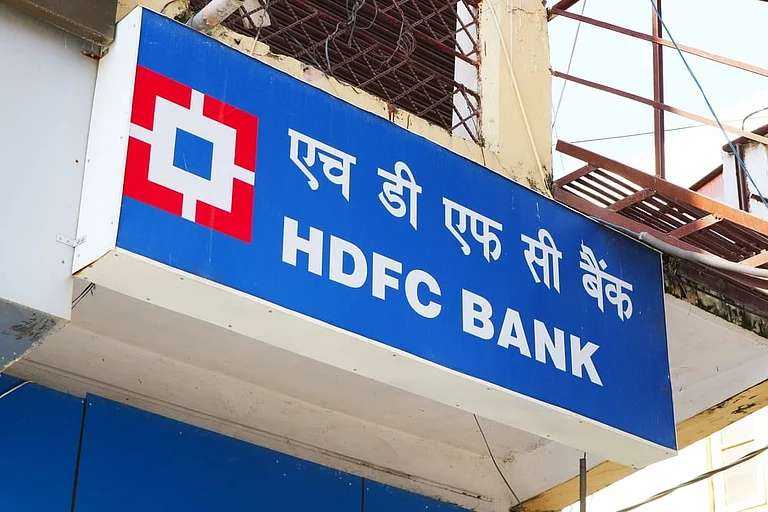In an intense regulatory action, the Reserve Bank of India (RBI) has imposed monetary penalties of Rs 1.29 crore on three leading banks—Kotak Mahindra Bank, IDFC First Bank, and Punjab National Bank. The penalties are for a set of failures in complying with Know Your Customer (KYC) protocols, standards for customer service, and lending standards. Though the RBI clarified that such penalties are not intended to raise questions about the financial position of such banks or destabilise customer relations, the action indicates the central bank's growing lack of patience with procedural errors and willingness to enforce strict compliance with banking standards.
RBI Fines Three Large Banks Rs 1.29 Crore For Non-Compliance In KYC, Customer Service, And Lending Standards
Kotak Mahindra Bank, IDFC First Bank, and Punjab National Bank are penalised for compliance gaps, as the RBI demands stricter regulation and accountability in banking practices
Regulatory Offences by Kotak Mahindra Bank
Among the three banks, Kotak Mahindra Bank had to pay the most significant penalty—Rs 61.40 lakh. RBI detected two irregularities in the banking practice of recovering interest on disbursal. That is to say, it was picking interest from the disbursal date when, instead, it was supposed to do so on the date of availability of funds with the borrower. This violated the terms and conditions in place then. In addition, foreclosure charges seemed to be imposed on loans that had not been exposed to the same stipulations as stated in the contract, especially where the loans were recalled or foreclosed by the bank itself.
The RBI also marked down shortcomings in Kotak Mahindra Bank's implementation of its outsourcing agreements, in the realm of loan recovery. Callers made contacts with customers beyond sanctioned timings, calling borrowers at hours prior to 7 am or later than 7 pm, against accepted customer service norms. The bank's failure to maintain adherence to such elementary practices prompted the regulator to act under Banking Regulation Act provisions.
IDFC First Bank and KYC Defaults
IDFC First Bank has been fined Rs 38.60 lakh primarily for due diligence shortfalls at account opening. RBI discovered that the bank had not been following the mandatory KYC rules while opening current accounts of some sole proprietorship firms. KYC compliance is basic in discouraging banking system abuse for the purpose of committing crimes, and offences had indicated a system failure within the bank's onboarding and due diligence of customers. The central bank had deemed the breach sufficiently serious to levy monetary penalty and official admonition. Punjab National Bank fine for recovering dormant account fees.
Punjab National Bank Fined Rs 29.60 lakh
The bank was charging the penalty for default in minimum balance maintenance on inoperative accounts, which is contrary to regulatory regulations. The RBI's review revealed that PNB did not observe the required safeguards when dealing with inoperative accounts and further noted that it had failed to retain certain key records related to customer identification and address verification, as required under KYC rules. RBI's Emphasis on Compliance and Accountability.
The central bank, in imposing such fines, continued to explain that the penalties were purely regulatory in nature and aimed at nothing short of questioning the validity or honesty of the transactions entered into between the banks and their customers.
Rather, the fines constitute a response to certain procedural as well as compliance flaws. The RBI has always laid emphasis on having good internal controls, ethical recovery processes, and the practice of good banking norms. It has also cautioned that successive failures could entail more stringent punishments, highlighting the importance of banks implementing strong compliance systems.
It signals the RBI's intent to uphold customer interests and ensure that banks act in a responsible and compliant manner. The actions of such banks are most likely to be emulated by them so that they seal loopholes in their compliance and functioning systems. In the glare of more scrutiny and regular audits, more banks will be likely to land in the firing line if vigilance lets up. The RBI action is corrective as well as preventive in character and is being taken for the sake of securing the higher objective of a credible and transparent banking system.
